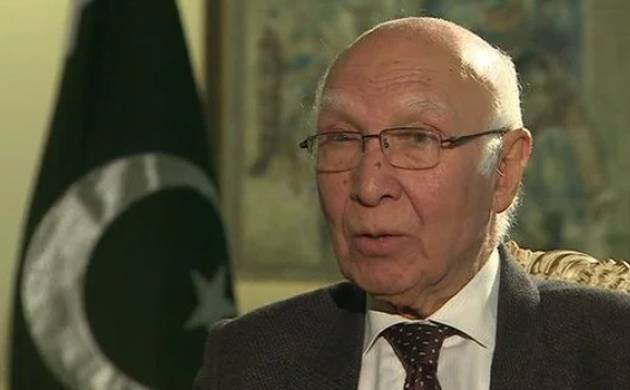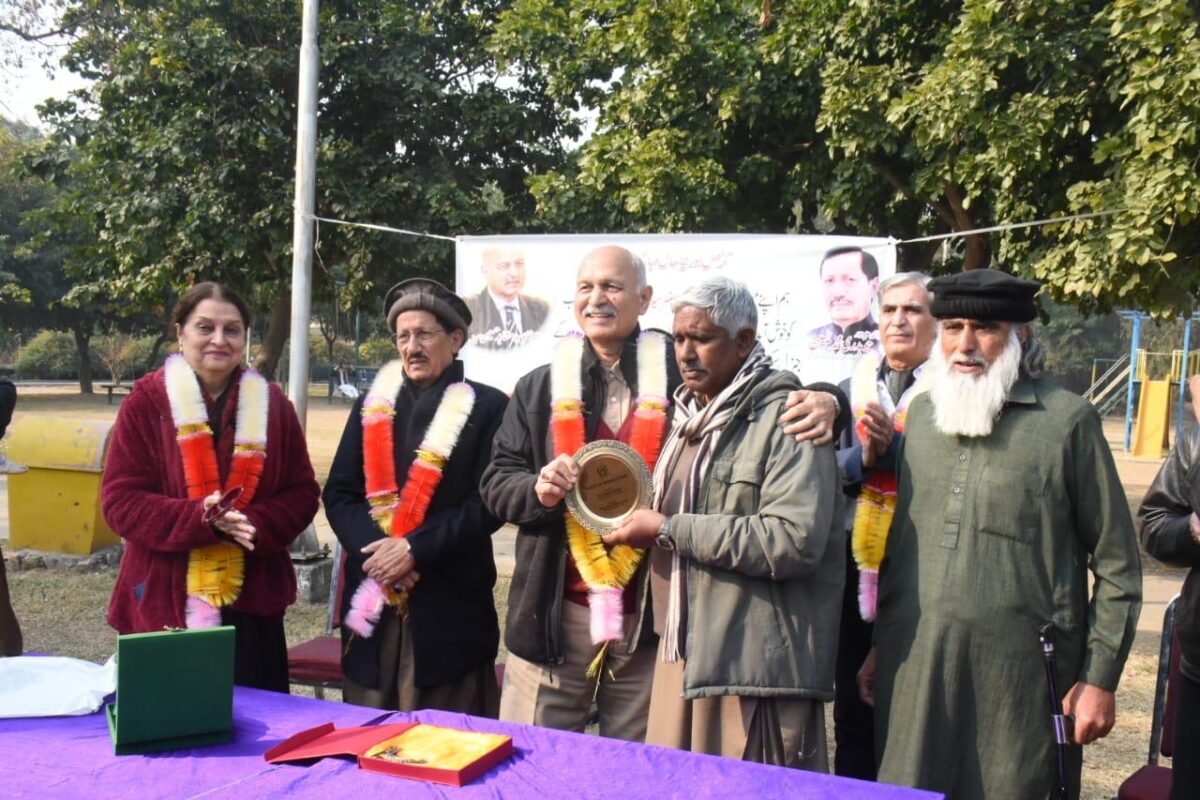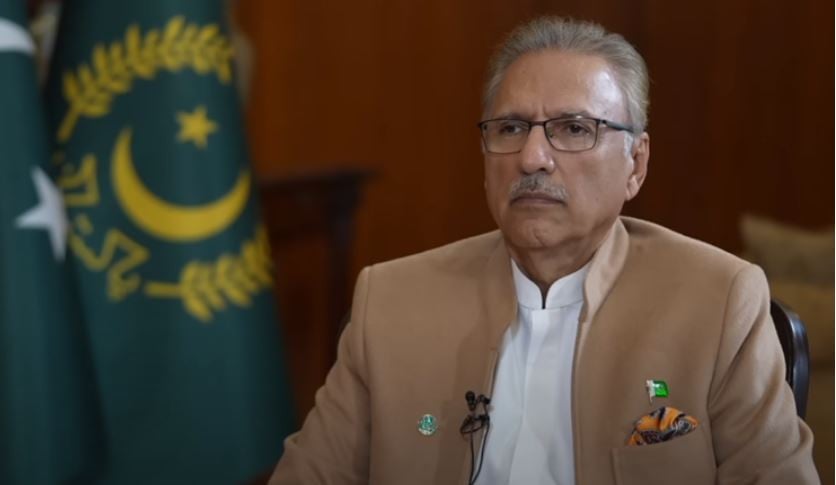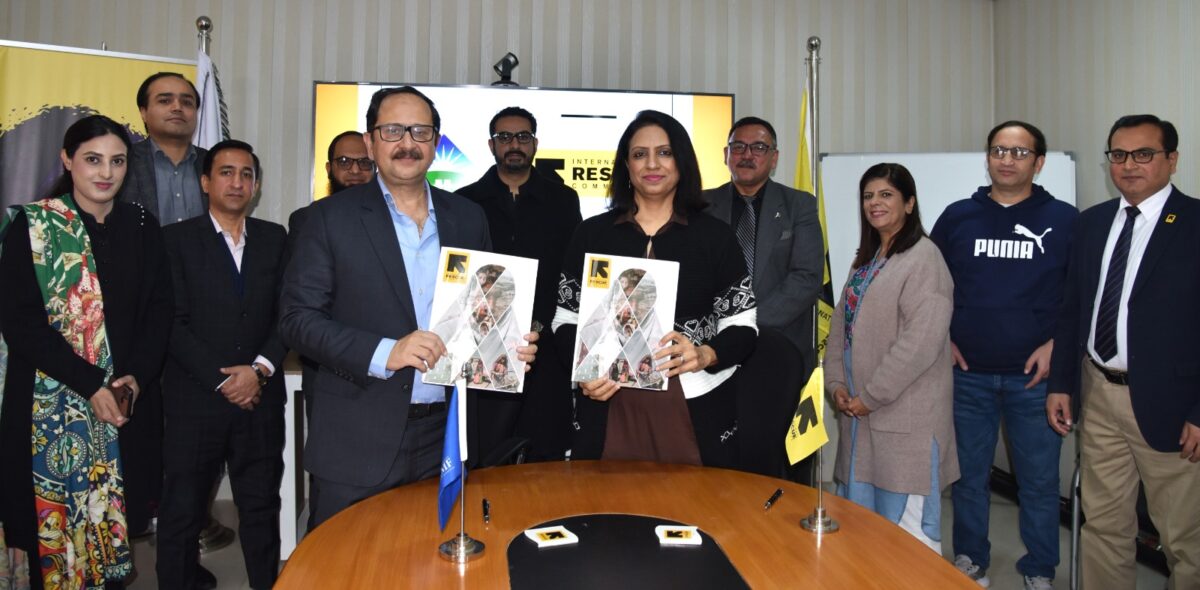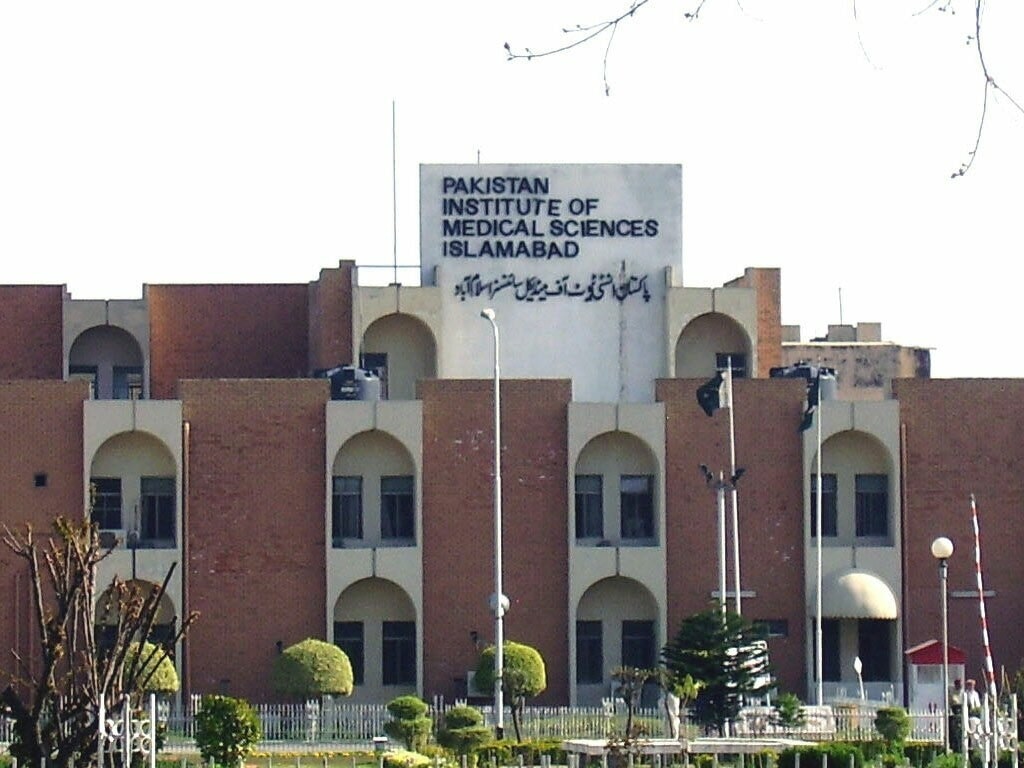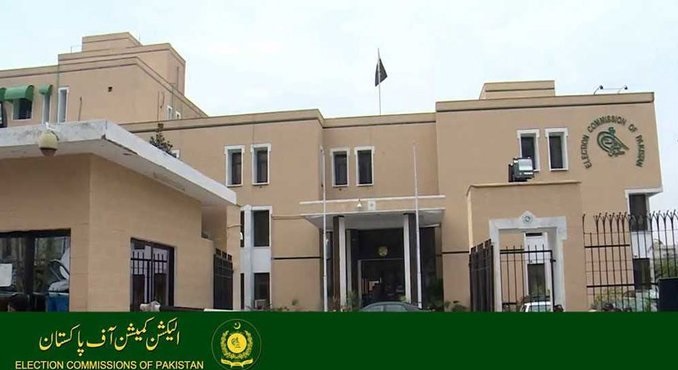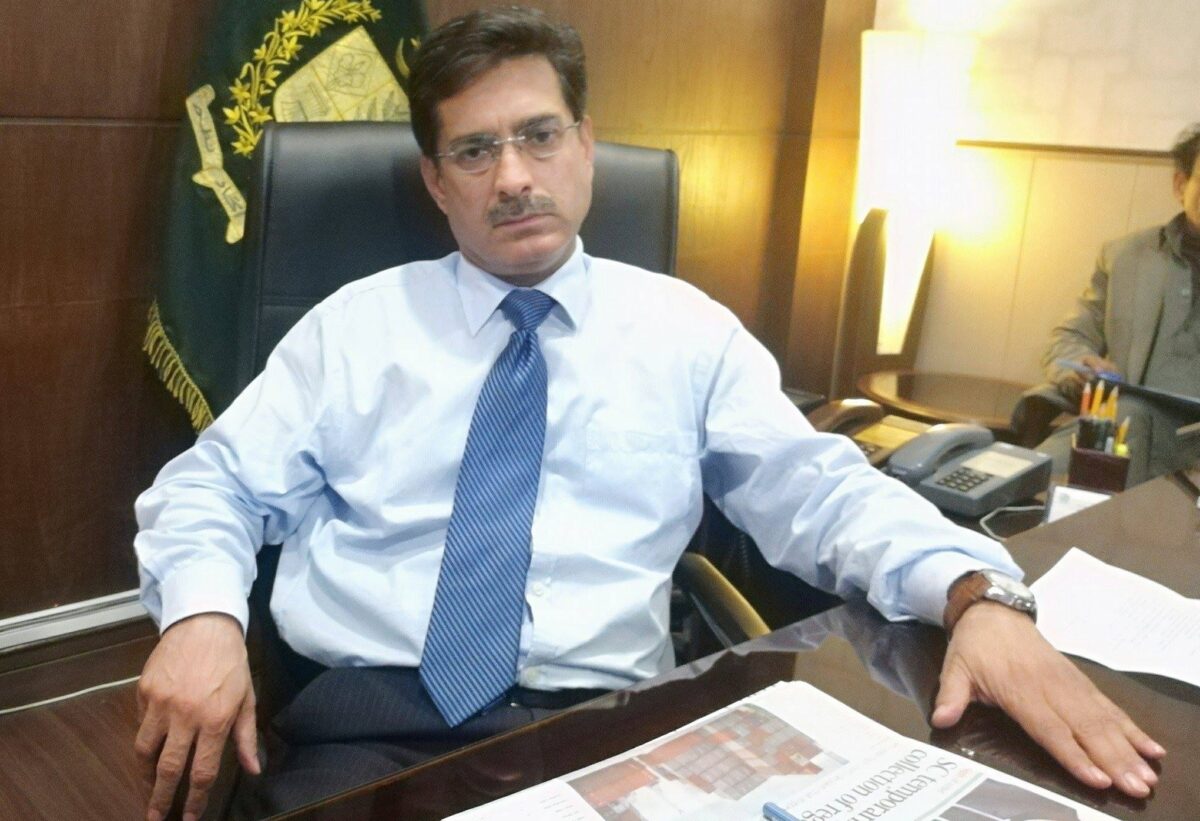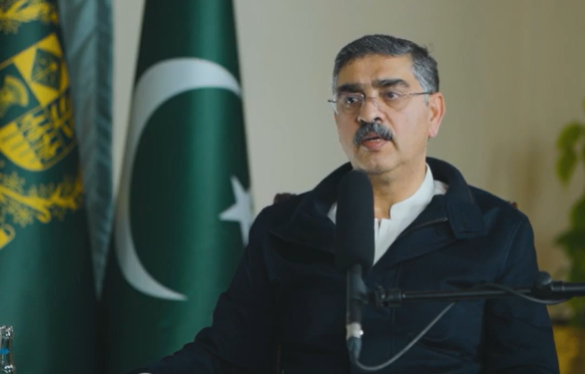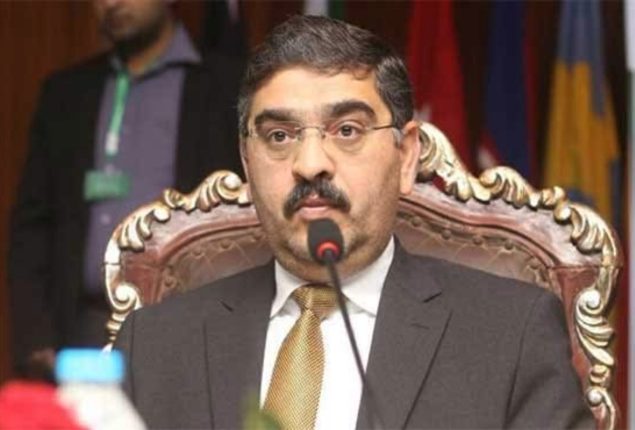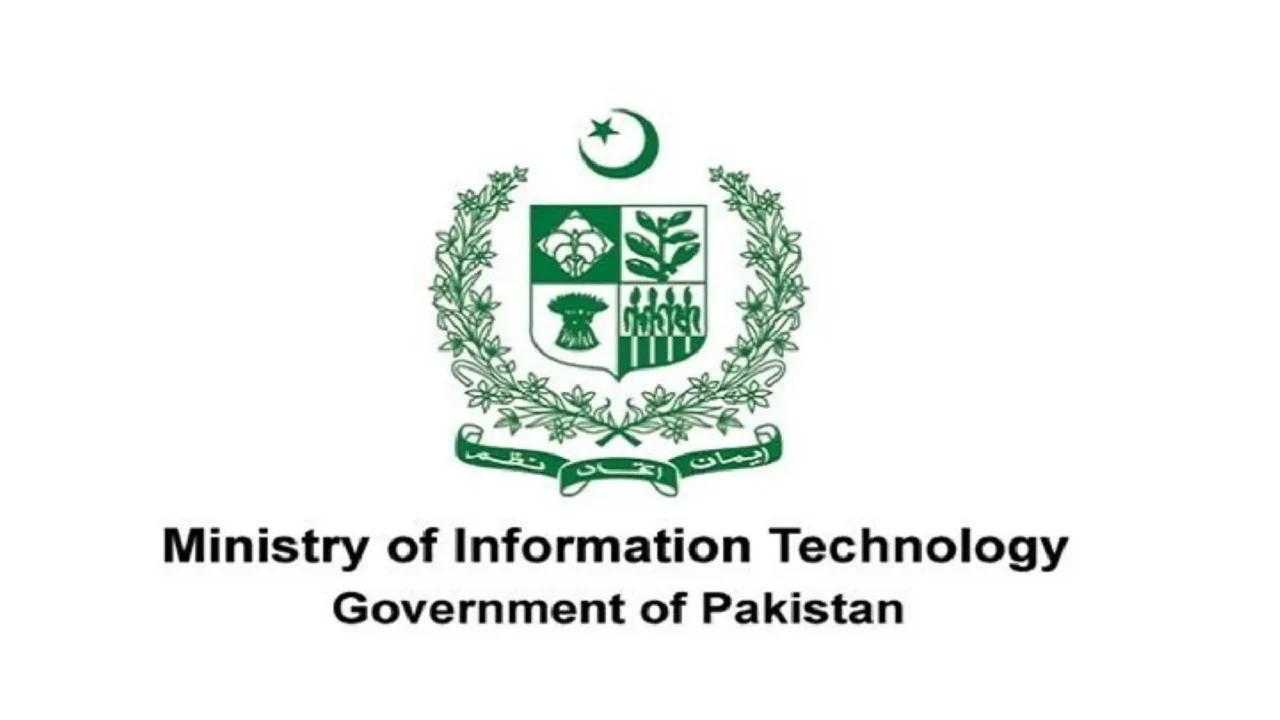ISLAMABAD, Jul 22 (APP): Coordinator to the Prime Minister on Climate Change and Environmental Coordination, Romina Khurshid Alam Monday said that plastic pollution has emerged as a serious concern for Pakistan, which has aggravated further the environmental degradation problem being faced by the country with significant economic and health crisis.
“Plastic waste, if not managed properly, degrades our ecosystems, affects public health, and hampers our sustainable developmental goals,” the PM’s aide warned while addressing as a chief guest at a high-level roundtable discussion on plastic waste management in the country. Organised by the Ministry of Climate Change & Environmental Coordination, the roundtable discussion aimed at sharing knowledge, showcasing successful interventions, and exploring opportunities for collaboration.
The discussion was attended by various stakeholders including top key government officials, representatives of national and international non-governmental organization, academia, researchers, students and media.
Highlighting the present government’s plastic waste management policy measures, Romina Khurshid Alam informed the participants, “We have established a robust regulatory and policy framework to control the transboundary movement of plastic waste in line with the Basel Convention.”
The Basel Convention establishes standards for the transboundary movement of hazardous waste, solid waste, and municipal incinerator ash, including notice to and written confirmation from the receiving country prior to export, she explained.
Romina Khurshid highlighted that tackling plastic pollution through efficient management of plastic waste was must for protection of human health and the environment against the adverse effects resulting from the generation, management, transboundary movements and disposal of hazardous and other wastes.
She said that the federal and provincial governments, along with stakeholders, diligently follow the Standard Operating Procedures designed to ensure compliance with national laws and international agreements.
The Import Policy Order of Pakistan has been meticulously designed in accordance with national laws and Multilateral Environmental Agreements (MEAs) requirements to control the transboundary movement of plastic waste. And, these movements are regulated through the Web-Based One Customs (WeBOC) system operated by Pakistan Customs, she added.
The PM’s aide said the Ministry of Climate Change and Environmental Coordination (MoCC&EC) has taken significant strides in banning single-use plastics and polythene bags, as well as D2W technology that causes the generation of microplastics, hoping that these measures would prove to be crucial steps towards mitigating plastic pollution.
Romina Khurshid said that none of us can afford to ignore the reality that plastic, due to its low price and ease of use, continues to be an integral part of our everyday lives. Therefore, impactful solid waste management and raising awareness among all stakeholders are imperative, she added.
She said: “Therefore, we must ensure that our citizens understand the environmental and health impacts of plastic waste, and we must equip them with the knowledge and tools to reduce, reuse, recycle, and recover plastic products effectively.”
She said that by working together, we can overcome the challenges posed by plastic waste and move towards a sustainable future.
